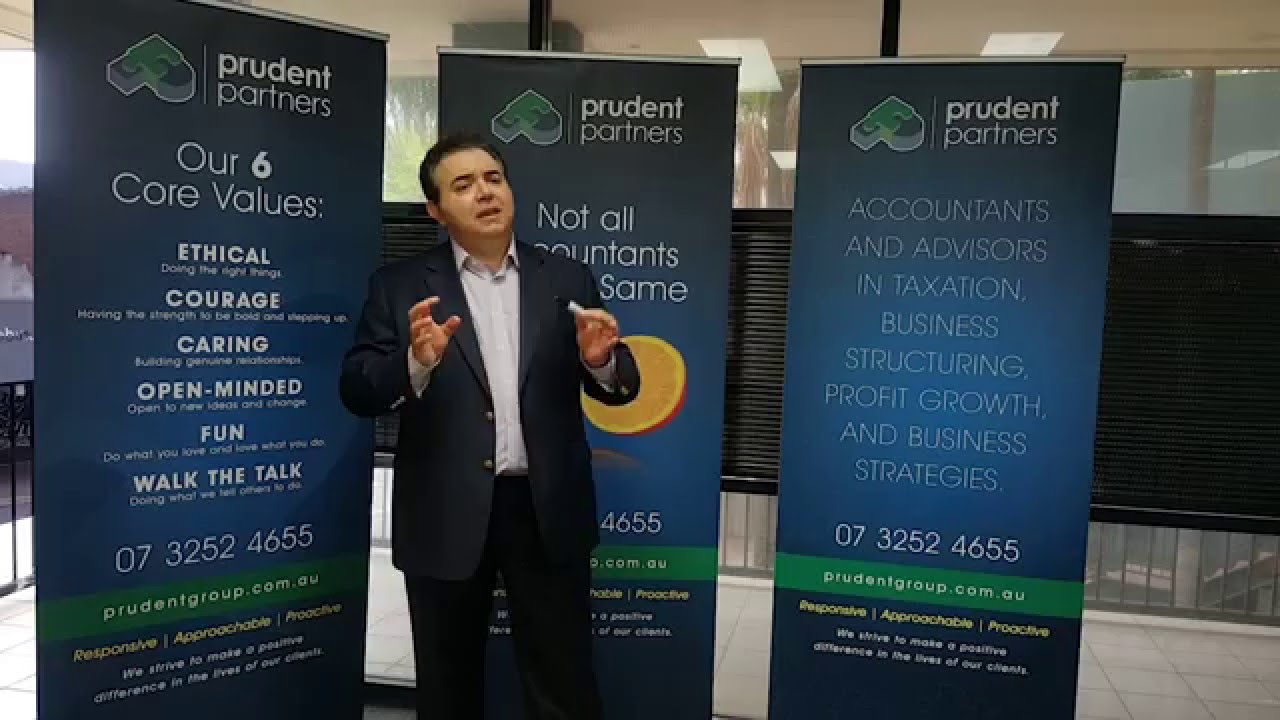MANAGING CASHFLOW
Even profitable businesses can go broke! The sooner you learn that when you’re out of cash, you’re out of business, the better your chances for survival will be. You need cash available to pay your bills or loans. If your customers don’t pay you for 30, 60 or 90 days, you have a cash flow lapse for which you must plan. Otherwise, your business will eventually go bankrupt.
Here are a number of ways to take control of your cash flow in order to protect your business’s short-term reputation and position it for long-term success.
Have Three Budgets
The first plan forecasts high sales, low expenses and everything going better than expected. The second is based on achievable sales and honest expenses. The third specifies how to survive if everything goes wrong.
Do Cash Forecasting
The biggest problem for new businesses is the owner failing to plan for how much cash the business needs throughout the year. In retail shops, cash is collected the same day sales are made. In other businesses, however, such as consulting, a payment usually come in over several months or after the work is finished. You must also forecast expenses that aren’t due every month, such as annual insurance premiums. It’s recommended to forecast monthly cash needs for the next six months or a year. At the end of each month, compare the forecast with the actual results, and adjust forecasts if necessary.

Accelerate Receiving Income
One of the simplest ways to improve cash flow is to get customers to pay their bills more quickly. You might consider offering a discount if they pay sooner or, better yet, ask for cash payment on delivery (COD). If a customer is consistently late with payments, put them back on COD. If necessary, tell your customers that you want their business, but can’t afford to carry them for 30 days.
Control Spending
New business owners are often tempted to spend too much for non-essentials, such as expensive offices. People in business for the long haul, however, often have modest offices or start in their homes. They carefully negotiate leases and solicit price quotes from several suppliers. Other cost-cutting strategies include: stop selling products or services that are losing money and avoid buying assets that require substantial cash outlays.

Accumulate Salary
You may have to go without a salary in order to maintain a positive cash flow. This is why many experts recommend having one year’s living expenses saved up before starting a business.
Keep Stock Levels Lean
Too many business owners buy stock based on hopes and dreams, instead of what they can realistically sell. Keep stock levels as low as is practical.
Add Employees Cautiously
Delay hiring workers as long as you can. Instead, look for ways to maximise your own productivity and that of any existing employees, or consider putting out work to independent contractors.

Lease Rather Than Buy
Leasing rather than buying can save cash. Many companies go this route with equipment and company cars, because the lease payments are tax deductible.
Need Help?
Here at Prudent Partners we can help your business and assist in preparing Budgets or cash flows.
Please contact us on + 61 7 3252 4655



